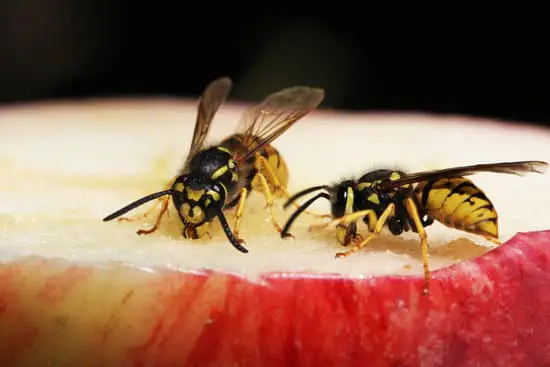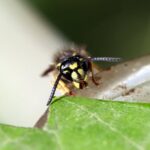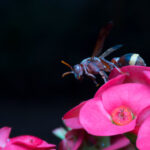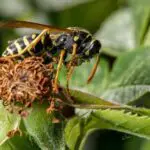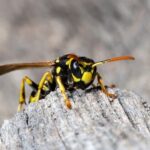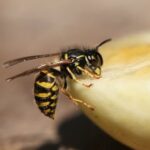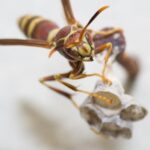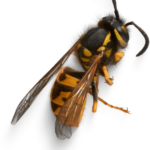Is Wasps Good For Environment?
Despite being one of the least popular insects in the world, wasps are actually very important for the environment. They perform vital ecological roles, such as pollinating flowers, dispersing seeds, and regulating populations of crop pests.
Researchers at the University College London led a study on the value of wasps and bees. After researching more than 500 academic papers, they concluded that wasps are essential for ecosystems.
The study concluded that wasps help manage pests on high value crops in Brazil. They also play an important role in pest control programs, including biological control. This allows farmers to protect their crops without using synthetic chemicals.
Scientists are also using the venom of yellow-jackets as a potential cancer treatment. It contains a compound called mastoparan, which targets cancerous cells more effectively than other venoms.
Wasps also act as decomposers, breaking down biomass in soil. These activities release carbon, a natural resource found in nearly half of the world’s soil organisms. They can also serve as shelter for beneficial insects.
The study also found that wasps can be a sustainable pest control option for developing countries. They can be introduced by farmers to control pests on high value crops. Their short generation time allows them to match fluctuations in prey populations closely. This means they can reduce pest populations without disrupting the ecosystem.
Wasps have also been found to be beneficial to human health. Scientists have found that wasp venom contains powerful antibiotics.
